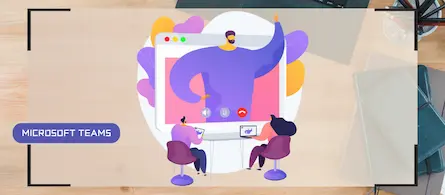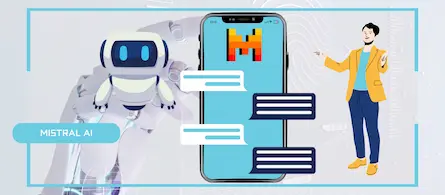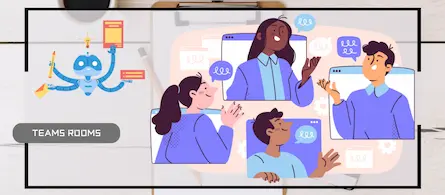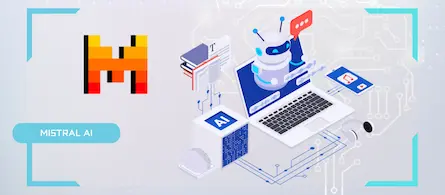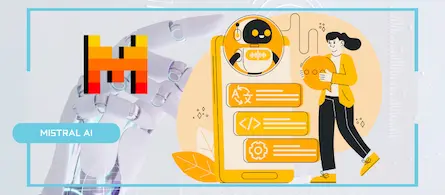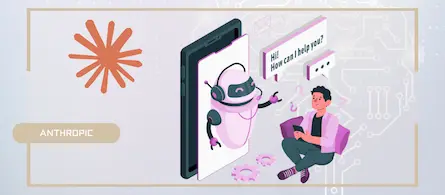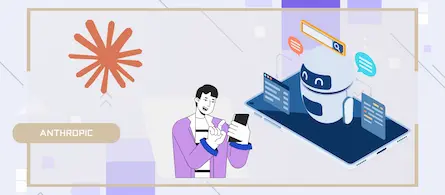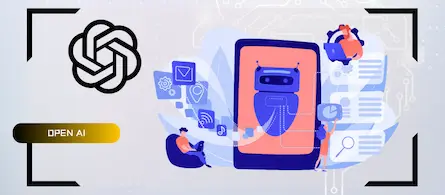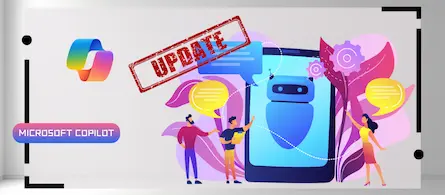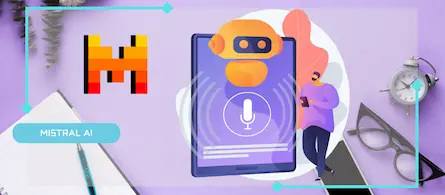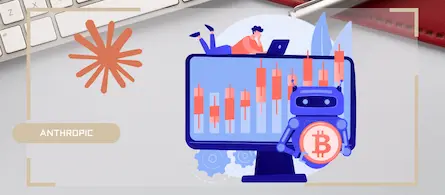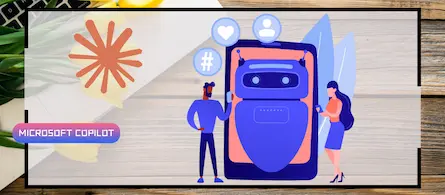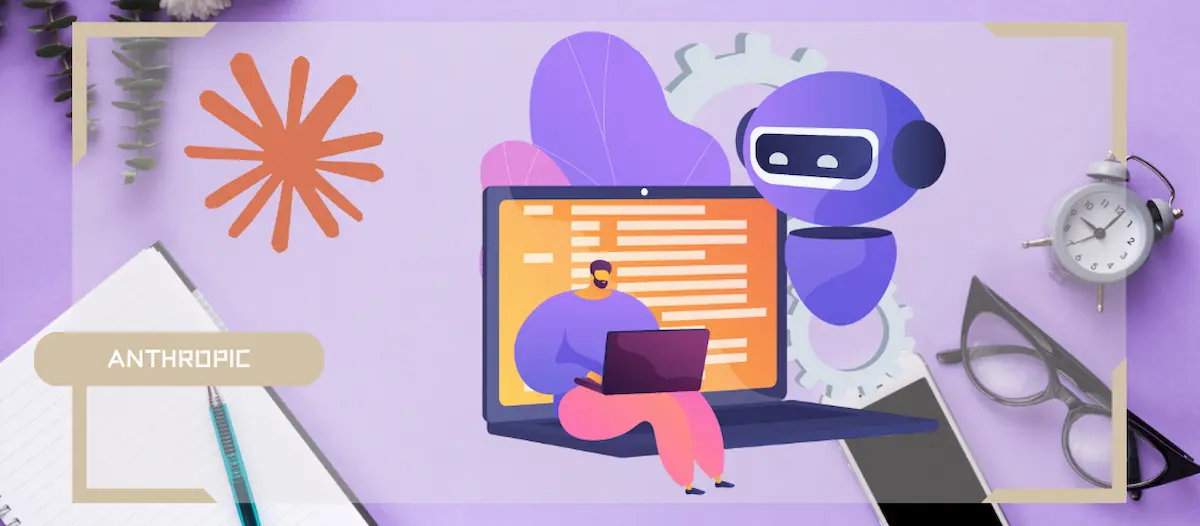
Anthropic unveils Claude Sonnet 4.5, more advanced
- Maxime Hiez
- Anthropic
- 30 Oct, 2025
Introduction
Anthropic, a leading player in artificial intelligence, has announced the release of Claude Sonnet 4.5, touted as the world’s best coding model and a significant leap forward for building autonomous agents and AI’s use of computers. The release is accompanied by a series of product enhancements (Claude Code, VS Code extension, checkpoints, Agent SDK) and a suite of tools to enable developers to leverage the new capabilities. The company emphasizes coding performance, long-term endurance, and improved alignment and security.
What Sonnet 4.5 offers
- Coding performance : Sonnet 4.5 dominates the SWE-bench Verified benchmarks and shows significant gains on real-world programming and code editing tasks.
- Endurance : Anthropic reports that the model can maintain focus on long tasks—over 30 hours on multi-step scenarios—a game-changer for persistent agents.
- Computer utilization : Sonnet 4.5 makes significant progress on OSWorld (a real-world computer usage benchmark), now reaching 61.4% compared to 42.2% a few months earlier.
- Ecosystem and product features : Checkpoints in Claude Code, a refreshed terminal editor, a native VS Code extension, code execution and file creation directly within the Claude conversation, and the availability of Claude for Chrome for select users.
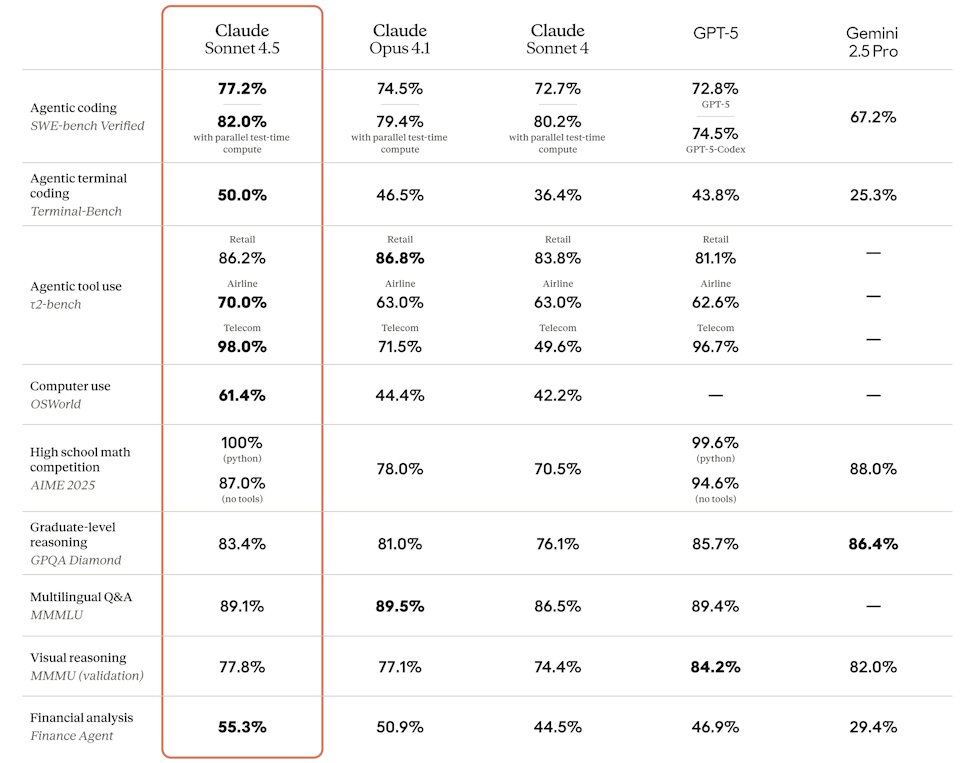
New product features
Checkpoints & developer experience
Claude Code receives checkpoints—state saves that allow instant reversion to a previous point—and a redesigned terminal. These elements facilitate iterative experimentation and reduce the risk of work loss during long agent-coding sessions.
Context editing & memory tool for agents
The new context editing feature and memory tool in the API allow agents to handle even longer and more complex tasks by maintaining and modifying context in a structured way. This is a key driver for the model’s promised endurance.
Claude Agent SDK
Anthropic publishes the Claude Agent SDK, the infrastructure used to build Claude Code. The SDK provides primitives for memory management, sub-agent coordination, and permission systems—essential building blocks for creating robust agents in production.
Imagine with Claude
A research preview, Imagine with Claude, showcases the model generating software in real time (no pre-written code) — a demonstration of Sonnet 4.5’s ability to create tools and applications on the fly. This experiment was temporarily made available to Max subscribers.
Performance and benchmarks
Anthropic publishes detailed results :
- SWE-bench Verified : Sonnet 4.5 achieves top scores (reported tests indicate 77.2% under certain configurations), and internal procedures (parallel sampling, replay, and internal scoring) optimize results for high-compute configurations.
- OSWorld : Major progress on using a computer tasks (currently 61.4%), reflecting the ability to navigate, complete spreadsheets, and execute complex sequences of actions.
- Gains were also assessed in reasoning, mathematics, and specialized performance for finance, law, medicine, and STEM, based on internal evaluations and customer feedback.
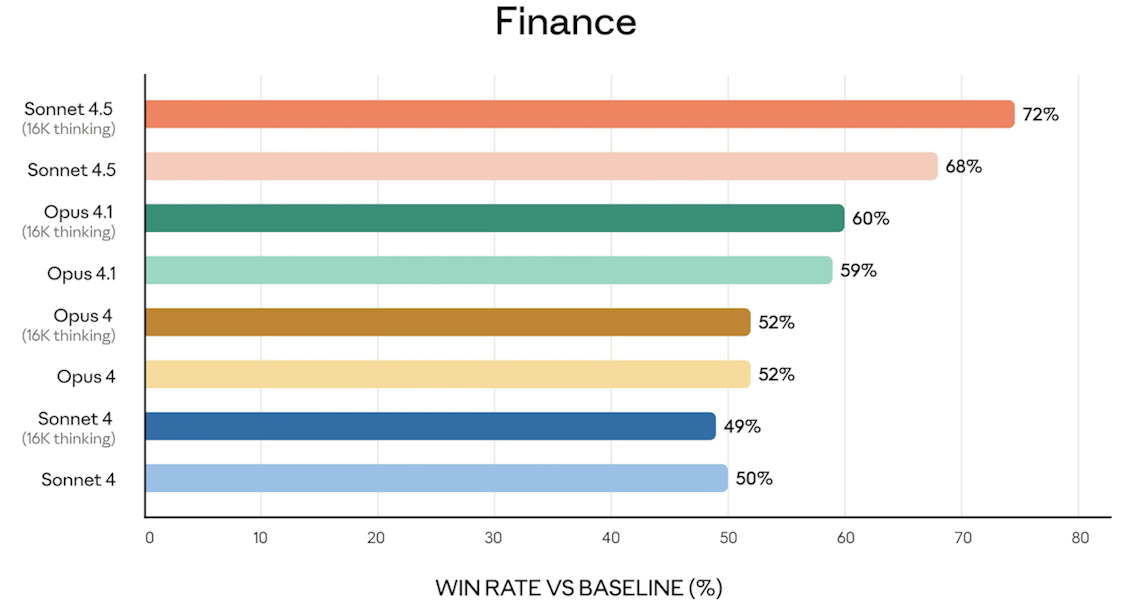

Safety and alignment : ASL-3 and classifiers
Anthropic positions Sonnet 4.5 as the most aligned frontier model to date :
- Reduction of problematic behaviors (sycophancy, deception, power-seeking, encouragement of delusions).
- ASL-3 Mechanisms : Sonnet 4.5 is deployed under the AI Safety Level 3 framework, with classifiers designed to detect potentially dangerous inputs/outputs (including CBRN risks). These safeguards can sometimes generate false positives; however, Anthropic indicates that it has reduced these false positives by a factor of 10 since their initial description, and by a factor of 2 since Opus 4.
- Mitigation : When a conversation is interrupted by a classifier, Anthropic offers to continue on Sonnet 4 (less sensitive) and provides allowlist processes for industries with specific needs (cybersecurity, biological research).

Availability and pricing
- Availability : Sonnet 4.5 is available everywhere starting today via the Claude API (claude-sonnet-4-5) and integrated into products (Claude Code, Claude apps).
- Partner Platforms : Amazon Bedrock, Google Vertex AI, GitHub Copilot (public preview), Vercel, etc. — broad distribution to facilitate enterprise integration.
- Pricing : Anthropic indicates that the price remains unchanged from Sonnet 4: 3$ / 15$ per million tokens (depending on the announced pricing configuration).
Note : Prices in USD before applicable taxes.
Limitations & points of consideration
- False positives from classifiers : Although reduced, they can disrupt legitimate use cases and require operational workflows (fallback, allowlist).
- Cost & integration : Intensive use (1 million token contexts, continuous agent execution) requires careful consideration of costs and architecture.
- Production testing : Lab gains must be validated in your own business scenarios (CI/CD, pipelines, codebase complexity).
Practical recommendations
- First, pilot coding cases (test automation, skeleton generation, code review) to measure the gains.
- Leverage the Claude Agent SDK to prototype controlled agents (memory management, permissions).
- Plan interrupt handling (classifiers) : fallback workflows, allowlists for sensitive areas.
- Monitor costs and contextual configurations (200K vs. 1M tokens) based on contextual memory requirements.
Conclusion
Claude Sonnet 4.5 represents a significant milestone for Anthropic: a model focused on coding, agency, and the extended use of a computer by AI, delivered with product tools and an SDK to industrialize these capabilities. The model combines performance gains, extended endurance, and enhanced security mechanisms (ASL-3 and classifiers). For engineering teams and organizations looking to automate complex workflows or deploy AI agents in production, Sonnet 4.5 is a serious option—one that should be managed with careful consideration of integration constraints, costs, and mechanisms for mitigating security disruptions.
Sources
Did you enjoy this post ? If you have any questions, comments or suggestions, please feel free to send me a message from the contact form.
Don’t forget to follow us and share this post.


